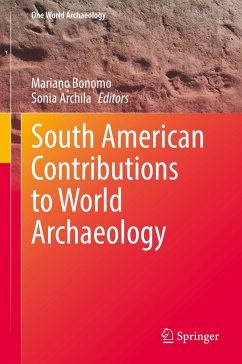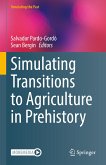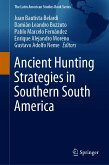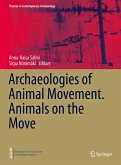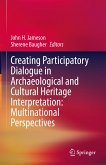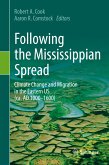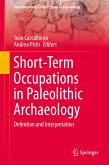The chapters span from the pre-Columbian to contemporaneous indigenous societies for all the main geographical and ecological zones of South America. The book discusses how particular cases of South American archaeology have contributed to the understanding of a global and basic issue: human relations with their environments and landscapes during the past. The authors focus on the latest results produced by multidisciplinary studies carried out at archaeological sites in several areas of South America ranging from studies of early hunter-gatherers through the historic period. This work would be of interest to researchers in archaeology and Latin American studies.
Dieser Download kann aus rechtlichen Gründen nur mit Rechnungsadresse in A, B, BG, CY, CZ, D, DK, EW, E, FIN, F, GR, HR, H, IRL, I, LT, L, LR, M, NL, PL, P, R, S, SLO, SK ausgeliefert werden.

